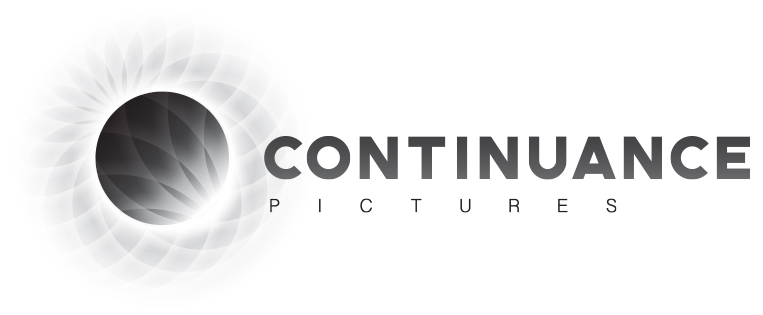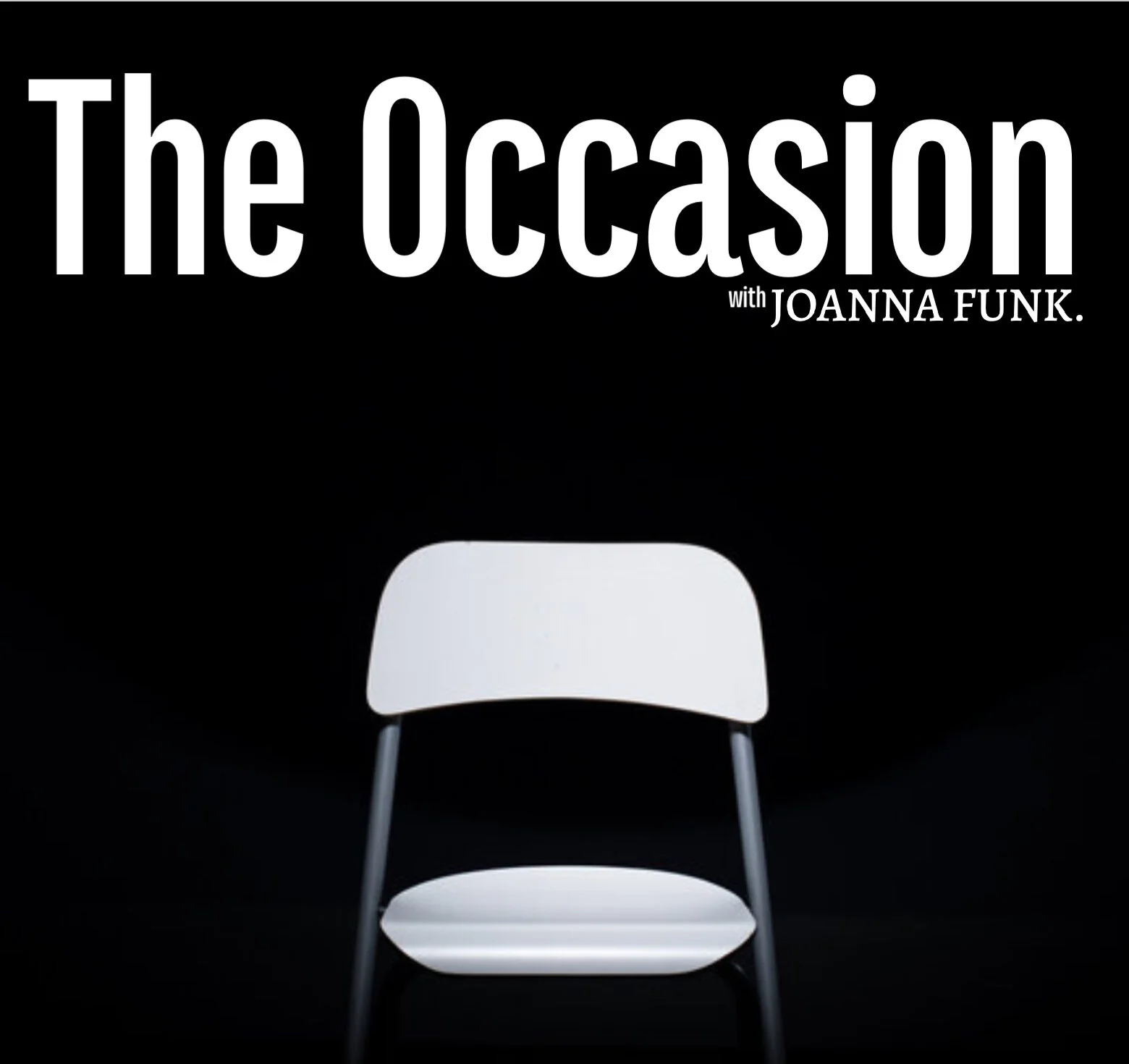INTERVIEWS
PODCAST
ARTICLES
FILM REVIEWS
EDITION 4
“Self-Discovery"“I find it interesting to delve in to see what is really dormant within us. It’s sometimes scary, it’s sometimes relatable. I have always been pulled into stories which are grounded by character. I think sometimes I’m on my own self-discovery, it’s like having a hard conversation with yourself.“
Amanda Kaye.
Writer/Director Amanda Kaye studied film production and graduated with honours from Griffith University’s Film School in Queensland, Australia. Upon graduation Amanda built a solid foundation in documentary filmmaking with award-winning documentarians, before stepping into the world of narrative filmmaking.
I always knew I would go to film school. It felt like a natural way of expression that probably helped me as a child. When I was little, I was a very slow reader. It just took me forever to read a book. Film on the other hand was so immediate! It’s funny, I’ve been thinking about that lately, that I never used to read books. Now I’m writing and discovering who I am in my own voice, rather than through the voices of others, in terms of writing style.
When I was in high school I wrote stories that reflected my own life. I used different characters to express things that were going on with me, it was almost like seeing different sides of myself interacting. (I’m making myself sound very psychotic!) The overweight, shy kid that got bullied. It was that very typical school life. I had my own types of dialogues, monologues almost. I would write a scene and think, what did I want to say in this scene? If I couldn’t stand up for myself at school, I would write a scene where someone stood up for themselves. Having these feelings which I didn’t know how to express, I realised that film was the way I understood communication.
Amanda isn’t interested in making films that give us the warm fuzzies. She’s looking for the essence of who we are, especially what isn’t on show.
As filmmakers we are fully responsible for how audiences feel and how we choose to play with that. Audiences are not only entertained, they are sometimes invited to self-reflect. Sometimes we laugh because we’re uncomfortable and we don’t know how to compute a scene.
Amanda’s award-winning short film ‘Norm’, a dark comedy, is being thematically extended into a tv series with Continuance Pictures.
I’m now working with David Gim, a head producer/writer from Continuance to develop ‘Norm’ into a series, which is now called ‘Merv’. It’s about a seemingly ordinary man from the midwest in America from the 90's who accidentally becomes a serial killer but then falls in love with being a serial killer. The idea is that we are all capable of murder. There’s a line for everyone which can be crossed and it’s scary to discover what that is for yourself.
You can look at someone and assume the line at the end of Psycho. ‘Oh, he would never hurt a fly’. But the fact is, sometimes they do want to hurt the fly. We practise social categorisation to simplify our lives, but we are also damaging certain types of people. It gives us the illusion that we understand people but we really don’t know them. We also have that fight within us, the group versus the individual. So Merv is an exploration of that, and the real dormant ‘what is within us’ can be quite scary. The tone of the series will be dark comedy. So things can be intriguing and comical on the surface and yet make us feel uncomfortable. Like placing people in a situation and things go wrong. You have an action sequence and things are expected to go right. But what if things fail? We are human. What happens then?
Creating a story is about structure and what the film or tv series aims to do. Find a nice dance with the audience and don’t give all the information straight away. Decide when and how to provide information, and from whose perspective. I’m learning what it is that I’m actually trying to communicate, so in that respect I am answering myself. The process itself is enjoyable. I might not know from the start how a new project will end, but for me, creating a script is for understanding characters. They naturally show you how the story should progress, if you understand them well enough.
Making documentaries for several years was great grounding for Amanda in terms of developing insight into the human condition. She now documents selectively.
Documentary was a beautiful way to enter the industry. It was intriguing, and the art form is really about a filmmaker connecting with an actual person and building trust. I am making a documentary about a man named Damian McCoy. I feel selfish making it because it’s my way of growing myself by knowing someone like him, and I want so many other people to know about him. He was born able-bodied, was hit by a car, and he developed hemiplegic cerebral palsy, which means the right side of his body doesn’t work properly. His mother helped rehabilitate him, but while driving him to one of his appointments at age 11, the car rolled and his mother died next to him. Damian struggled as his main supporter in life wasn’t there anymore. He has now decided his calling in life is to be an actor, to use his tragic past as a way of self-expression and to find ways to represent people with disabilities, as a disabled person in films. There is a new movement to have certain people represent themselves in film and he’s very excited to be able to do that. He models too. You meet Damian and you think, ‘What do I have to complain about?’ He’s doing it, you know? We go on about living our dreams. You know, if you are sitting still and doing nothing, you might as well be dying.
Damian says, ‘I don’t want my mother’s hard work being my main supporter in life to go to waste.’ At age 40 he realises that he needs to be assertive, to stand up for yourself and do what you want despite what others might say. He actually reminds me of my mother, who passed away as well. He says in a way, we are doing it for our mums. My mother also believed that you shouldn’t allow yourself to be defined by others. You still strive and do things. This documentary is a conversation about the positions that people with disabilities have in our society and why they shouldn’t be dismissed. When people overly insist on helping Damian, the assumption is that he can’t do anything, and that is hurtful.
Amanda is also filming a true drama short film in January. It is about a woman with a 5-year-old daughter, who believes that she isn’t meant to be a mother and that her child could have a better life with someone else.
The film has a very dominant female cast, and addresses what we do to ourselves as women; what we tell ourselves, what society tells us. We can plan to be a parent, we can abort or put a child up for adoption. But what if you’ve made a choice to keep the child and later realise you’ve made the wrong decision. Society tells us this is not acceptable and this film is creating a conversation about that. Many of the cast involved are people who have experienced the different facets this film addresses, building a strong grounding for the film.
Amanda is very excited about a feature film concept which was shortlisted for the RIDE initiative with Screen Queensland.
I’m absolutely in love with this feature film, it is the next one that I have in my sights to get done! I was shortlisted, and am still developing it. The film is a black comedy about a seventy-year-old Mother Superior who realises she’s a lesbian. She forms what she believes is a loving relationship with a female prostitute, who actually teaches her what true love is. There is conflict and contrast, but fundamentally we are looking inside these people, finding ways to relate, connect and have dialogue with people you don’t think you could ever have dialogue with.
Amanda said film is her life and no matter how hard it is to make films, it is harder to not make them.
There was a period where ‘the other work’ overtook my life, and I had to stop film work for about three years. That ate away at me and I said ‘no more’. Film is part of who I am. There is a burning feeling that I have to do it. I always liken making a film to going to war. You have your band of brothers next to you and you’re hoping to go in and do it, and survive at the end. But you need to make sure everyone who is in your team is fighting for the same thing. You’re all in for the same cause. Whenever I look at a film we have made, I know we say it’s my thoughts and my expressions but it is a collaboration and we work as a group to create something. It becomes ‘our piece’ by the end.
My advice to new filmmakers is that it comes down to what you truly want to do. Are you a writer or a director? Are you a cinematographer? Be open to understanding how you can tell stories through those different mediums. How can you tell stories through sound versus cinematography? As a director how do you incorporate them both. Have a real curiosity to push the boundaries within yourself but also understand your style. My journey of discovery is really about understanding my style. How do I best feel I can communicate something? It’s okay to fail, you don’t have to be Martin Scorsese straight off. But learn and develop. The rules are learnt, they all come from somewhere. Understand how you as a person want to communicate a story. I am all about communication and expression!


